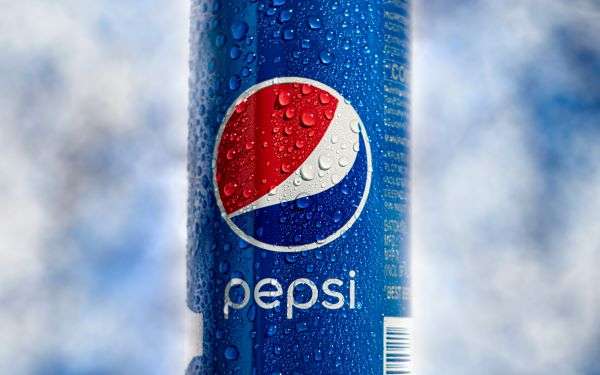Discover how PepsiCo transformed its global supply chain operations, embracing innovation and sustainability to meet contemporary demands and set new industry standards in the food and beverage sector.
A Legacy of Flavor Meets Modern Supply Chain Excellence
PepsiCo, renowned for iconic products like Pepsi, Doritos, and Captain Crunch, depends heavily on an intricate supply chain to deliver these beloved items worldwide. These products, integral to both childhood memories and adult preferences, rely on a complex journey from production to store shelves. Historically, PepsiCo has faced various challenges in its supply chain process but has embarked on a transformative journey, especially post-COVID-19, aimed at enhancing efficiency and sustainability, culminating in the ambitious pep+ initiative.
The Catalyst for Change: Navigating a Global Pandemic
Prior to 2020, PepsiCo’s global supply chain was already a formidable network of suppliers and distributors. However, the advent of the COVID-19 pandemic exposed vulnerabilities and inefficiencies, prompting a strategic shift. This shift wasn’t just about recovery; it was about reimagining the supply chain to be more resilient, sustainable, and aligned with evolving market demands and consumer preferences.
Laying the Foundation for pep+
In 2021, PepsiCo launched the pep+ (PepsiCo Positive) program, a comprehensive strategy aimed at revolutionizing every segment of their supply chain from the ground up. Led by Chairman and CEO Ramon Laguarta, the initiative focuses on sustainability and human capital, aspiring to achieve net-zero emissions by 2040 and become net water positive by 2030. The plan includes significant investments in sustainable packaging, diversity, equity, and inclusion (DEI) programs, and a global workforce volunteering effort, marking a bold commitment to corporate responsibility and environmental stewardship.
Overcoming New Challenges
The transformation introduced by pep+ was not without its challenges. PepsiCo had to address issues such as insufficient manufacturing and distribution capacity, an increasingly complex product line, and the need for advanced technology integration. Each of these areas required innovative solutions to enhance efficiency and maintain competitiveness in a rapidly changing industry.
Digital and Technological Innovations
Central to PepsiCo’s strategy was the integration of cutting-edge technology. The initiative leveraged data analytics, cloud computing, and artificial intelligence to improve supply chain visibility and operational efficiency. PepsiCo Labs played a crucial role by partnering with over 2,500 startups, testing and implementing technologies that could streamline operations and reduce environmental impact.
Empowering Sustainable Practices
Sustainability was another cornerstone of the transformation. PepsiCo set ambitious goals for reducing water usage, carbon emissions, and waste. Innovations such as electric vehicle fleets for logistics and digital advancements for inventory management underscored the company’s commitment to environmental stewardship and operational efficiency.
Cultivating Partnerships and Scaling Success
PepsiCo recognized the importance of strong partnerships in achieving its transformation goals. Collaborations with suppliers, tech innovators, and community organizations were essential in scaling successful practices across its global operations. This collaborative approach was crucial in fostering innovation and ensuring the scalability of new technologies and practices.
Setting a New Standard in Supply Chain Management
PepsiCo’s journey from traditional supply chain practices to a pioneering, sustainable model highlights the power of visionary leadership and strategic innovation. The company’s ability to adapt and embrace change has not only enhanced its operational efficiency but also set new benchmarks for the industry. PepsiCo’s story is a testament to the transformative impact of ambitious, purpose-driven change, serving as a blueprint for others in the industry to follow.
For businesses aiming to revolutionize their operations, PepsiCo’s model illustrates the significant benefits of embracing technological advancements and sustainability in today’s dynamic market landscape.







